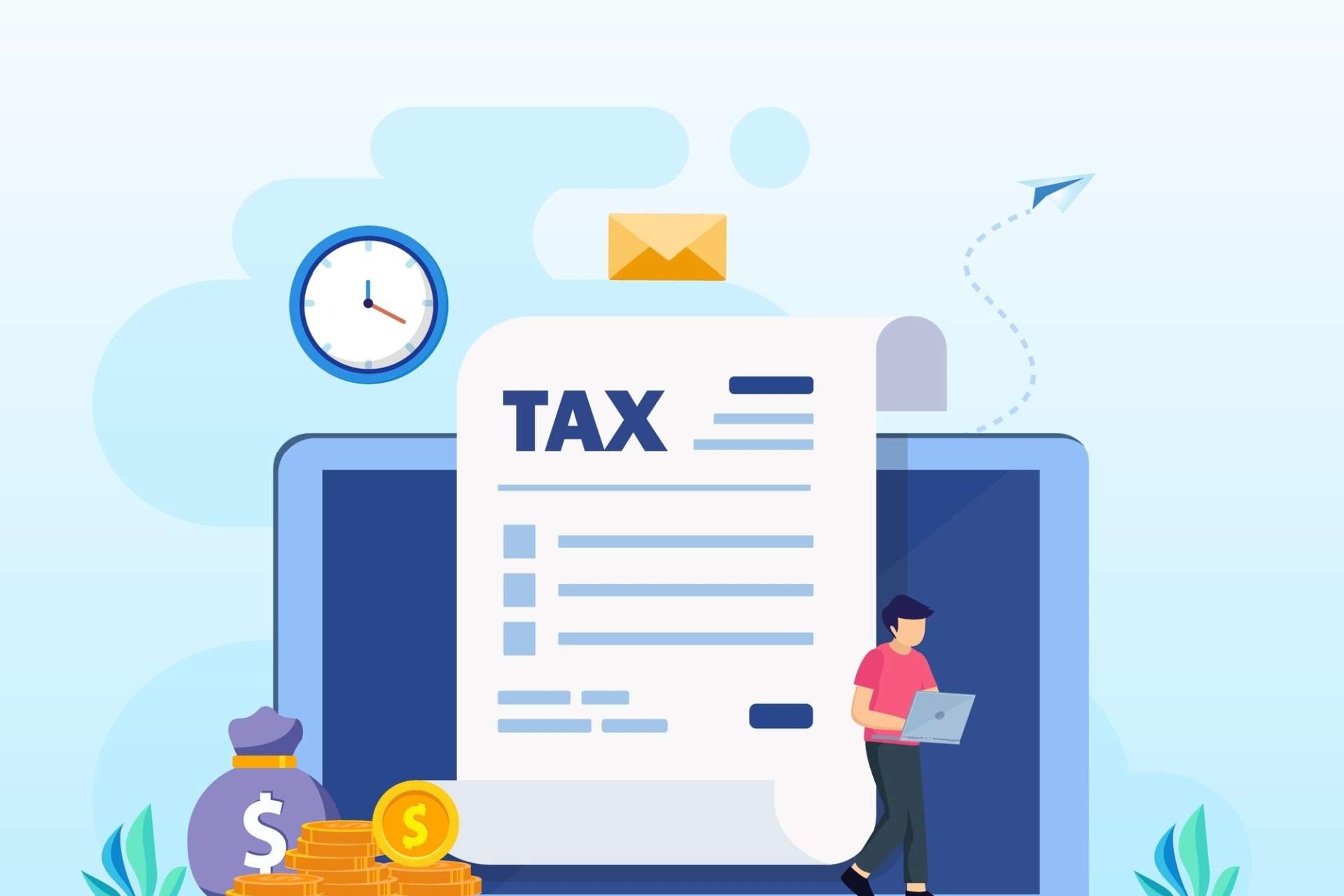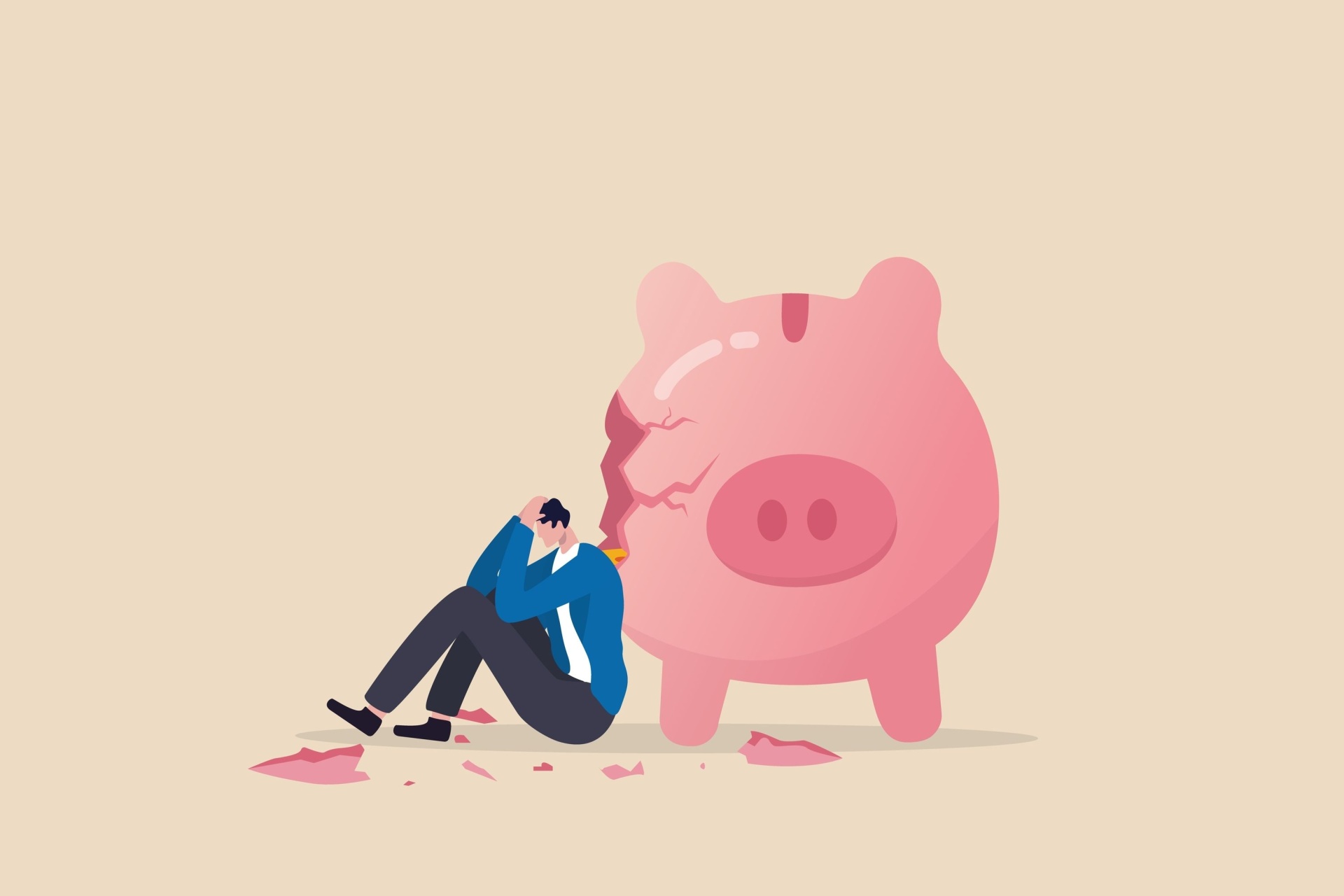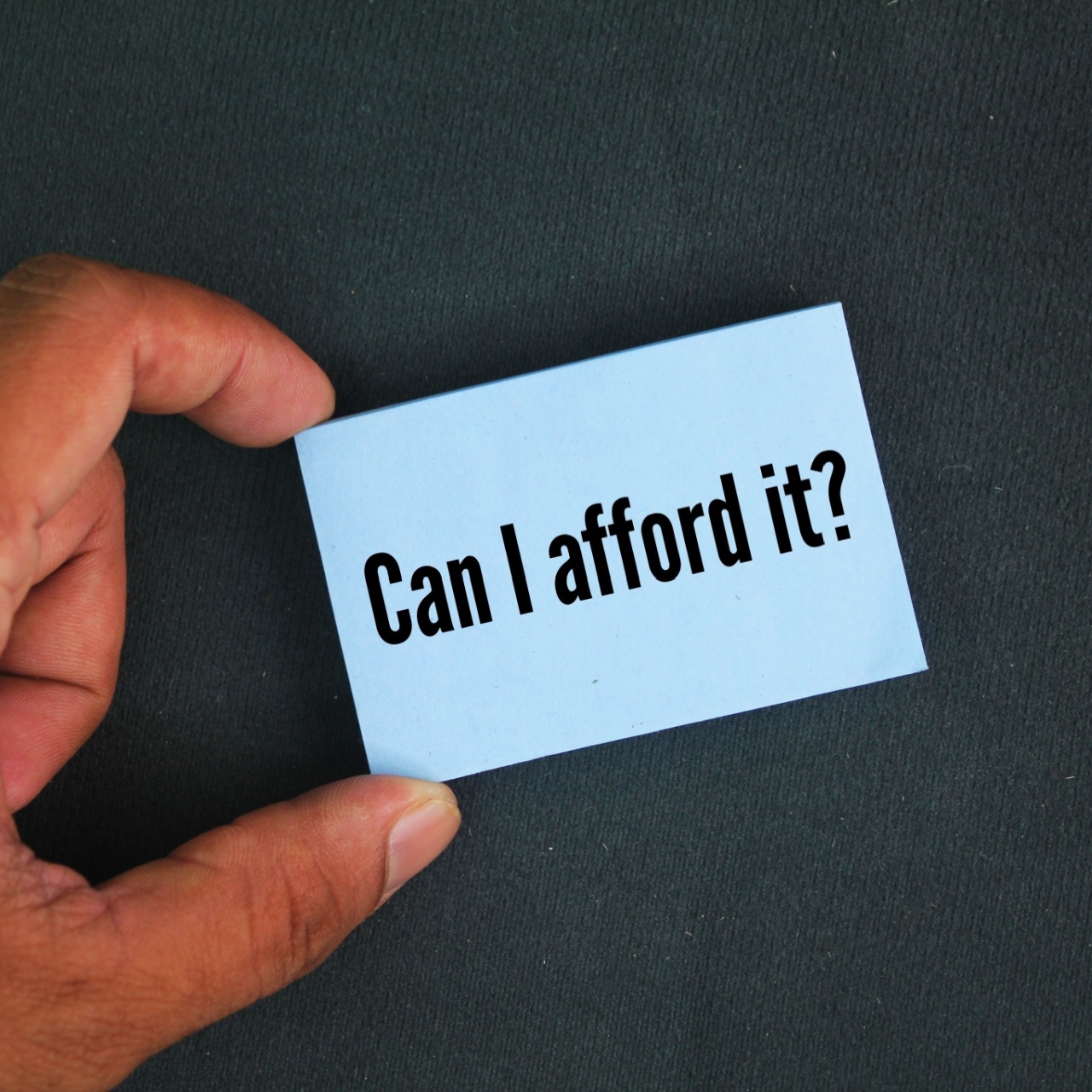Okay, let's talk about something that can feel like a major buzzkill when you start earning your own money: taxes. You land that job, you're stoked about the hourly wage or salary, you get your first paycheck and... wait, why is it smaller than you calculated? Yep. Welcome to the world of income taxes.
It sounds boring, maybe confusing, possibly annoying. But understanding the basics now can save you headaches (and maybe even money) later. So, grab a coffee (or your beverage of choice), and let's break it down.
(It's Saturday, April 26, 2025, here in San Francisco, where understanding taxes is definitely part of navigating life!)
Ugh, Taxes: Why Your Paycheck Isn't What You Expected (And What to Do About It)
First things first: What ARE Income Taxes?
Basically, income taxes are money you pay to the government based on the money you earn (your income). This isn't just one government, either. You'll likely deal with:
- Federal Income Tax: Goes to the U.S. federal government (collected by the IRS - Internal Revenue Service).
- State Income Tax: Goes to the state you live and work in (for us here in California, it's collected by the Franchise Tax Board - FTB).
- Local Taxes (Sometimes): Some cities or counties might have their own income taxes, though this isn't as common for income tax in San Francisco itself, we do have other local taxes funded differently. FICA taxes (for Social Security and Medicare) are also deducted federally.
Okay, But WHY Do We Pay Taxes? Where Does the Money Go?
It might feel like your hard-earned cash just disappears into a black hole, but taxes fund pretty much everything that makes society function. Think about stuff you use or benefit from constantly:
- Roads, highways, bridges (keeping those SF streets paved... mostly!)
- Public schools and universities
- Parks and libraries (like Golden Gate Park or the SF Public Library branches)
- Police, firefighters, emergency services
- Military and national defense
- Government programs (like Social Security, Medicare, Medicaid)
- Scientific research, environmental protection, and much more.
Basically, taxes are how we collectively pay for the services and infrastructure we all rely on. Annoying? Sometimes. Necessary? Pretty much.
How Does It Actually Work? (The Paycheck Shrinkage Explained)
It usually happens in two main stages:
- Withholding (The Pre-Payment Plan): When you start a job, you'll fill out a Form W-4 ("Employee's Withholding Certificate"). This form tells your employer information about your tax situation (like if you have dependents or other income) so they can estimate how much federal income tax to take out of each paycheck before you even get it. California has its own withholding form (DE 4) as well. Your employer sends this withheld money directly to the IRS and FTB throughout the year.
- Look at Your Pay Stub! Seriously, don't just look at the final deposit amount. Your pay stub breaks down your Gross Pay (total earnings) and lists all the Deductions (like federal tax, state tax, FICA, health insurance premiums, retirement contributions) to show how they arrived at your Net Pay (take-home pay).
- Filing Your Tax Return (The Annual True-Up): Withholding is just an estimate. Once a year (usually by April 15th, known as Tax Day), you need to file a tax return. This is where you report your total income for the previous year and calculate exactly how much tax you actually owed.
- If your employer withheld more throughout the year than you actually owed, you get a tax refund. Yay!
- If your employer withheld less than you actually owed, you have to pay the difference. Boo.
- Even if you think you won't owe anything or get a refund, you might still be required to file based on your income level. Plus, filing might be necessary to claim certain tax credits even if you don't owe tax.
Tax Lingo You Might Hear (Simplified):
- W-2: The form your employer sends you early each year showing your total earnings and total taxes withheld for the previous year. You NEED this to file your taxes.
- 1099 Forms: If you do freelance or gig work (like DoorDash, freelance writing, etc.), you might get 1099 forms instead of (or in addition to) a W-2. This income usually doesn't have taxes withheld automatically, meaning you're responsible for paying them yourself (often through estimated quarterly payments and/or when you file).
- Deductions: Things that lower the amount of your income that's actually taxed.
- Standard Deduction: A fixed amount anyone can subtract from their income. Most young adults with simple finances use this.
- Itemized Deductions: Specific expenses (like very high medical bills, certain state/local taxes, mortgage interest – usually not relevant until you own property or have complex finances) that you list out individually. You choose whichever (Standard or Itemized) saves you more money.
- Tax Credits: These are GOLD. Deductions reduce your taxable income, but credits directly reduce the amount of tax you owe, dollar for dollar. Examples include credits for education expenses (American Opportunity Tax Credit) or sometimes for low-to-moderate income earners (Earned Income Tax Credit).
- Tax Brackets: The U.S. has a progressive tax system. This means not all your income is taxed at the same rate. Higher chunks of your income are taxed at higher rates. Example: You might pay 10% on your first $X of income, 12% on the next chunk, and so on. You don't pay the highest rate on your entire income, only the portion that falls into that specific bracket.
- Dependent: If someone else (like your parents) provides more than half your financial support and can claim you as a dependent on their tax return, it can affect your own tax situation (like your standard deduction amount).
What Do YOU Need to Do?
- Fill Out Your W-4 (and DE 4) Accurately: When you start a job, take the W-4 seriously. The IRS has an online Tax Withholding Estimator tool that can help. Getting this right helps avoid owing a big chunk of money (or getting a massive refund, which just means you gave the government an interest-free loan).
- Keep Good Records: Hold onto your pay stubs. Definitely keep your W-2s and any 1099s you receive. If you plan to itemize deductions or claim certain credits, you'll need proof (receipts, statements).
- File Your Taxes! Don't ignore Tax Day (usually April 15th). There are lots of ways to file:
- IRS Free File: If your income is below a certain threshold, you can use free online software through the IRS website.
- Tax Software: Companies like TurboTax, H&R Block, etc., offer user-friendly software (often with free versions for simple returns).
- Tax Professional: If your situation is complex, you might hire an accountant (CPA) or enrolled agent (EA).
- Don't Panic: Taxes seem complicated at first, but for most young adults with one job, it's relatively straightforward using the standard deduction. It gets easier with practice.
The Takeaway
Taxes are an unavoidable part of earning money. They fund the world around us, from the Muni bus you might take to the parks you enjoy. Understanding the basics – that money is withheld from your paycheck and you need to file a return annually – takes away a lot of the mystery and stress. It's just another piece of the "managing your own finances" puzzle. You've got this!
.svg)












